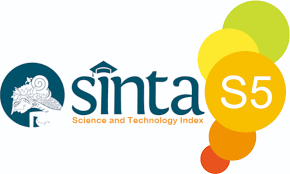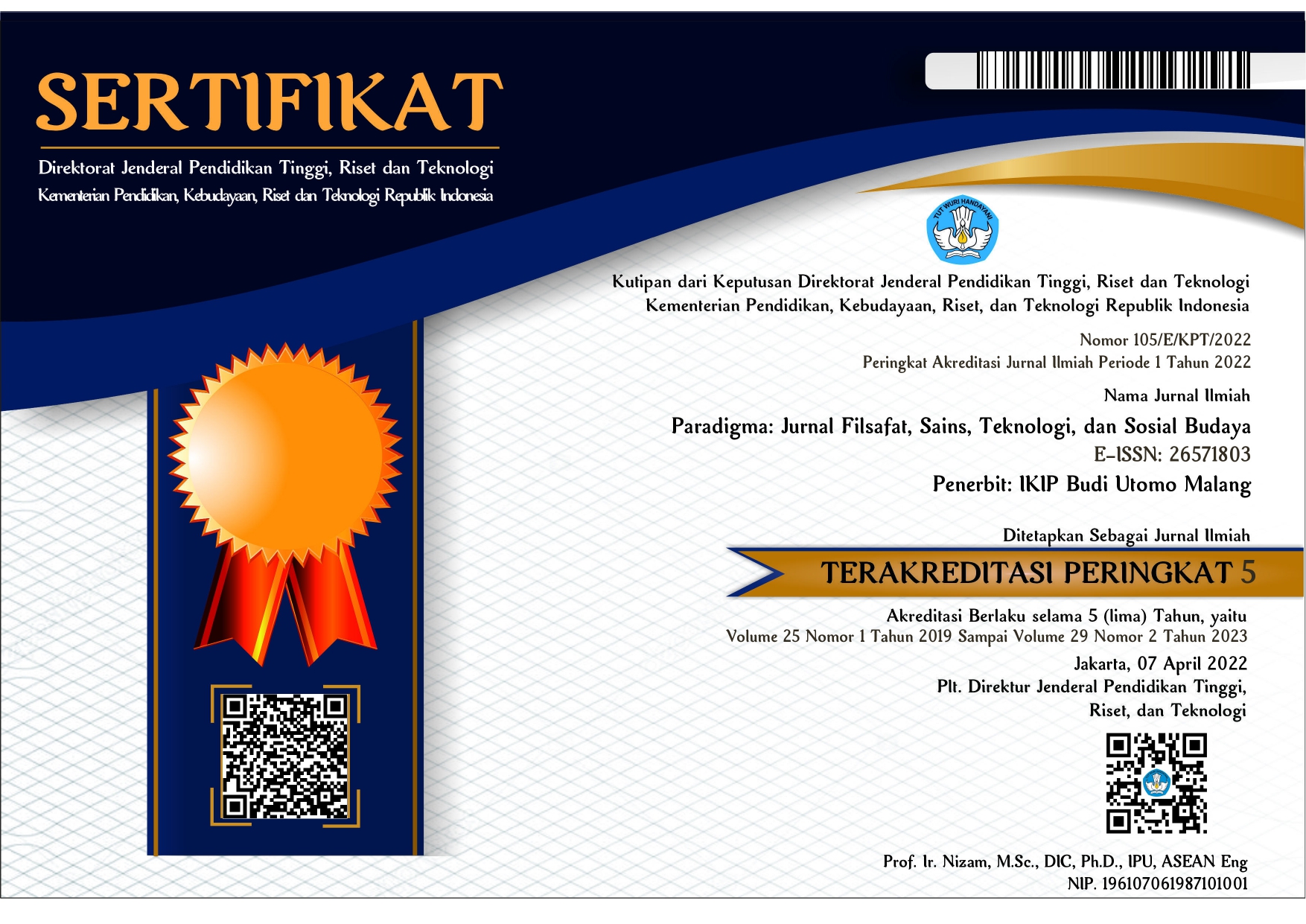Fiksionalisme Baru: Teori N Untuk Menyelesaikan Teka-teki Kepercayaan Dalam Objek Fiktif
Abstract
Does Sherlock Holmes exist? Maybe we would answer, no, because Sherlock Holmes is a fictional entity. But, with the same logic, we can say that Sherlock Holmes is a detective and not a police. How do we believe and know the truth-value of Sherlock Holmes when Sherlock Holmes doesn’t exist? Fictional objects underwent a various number of puzzles in their ontological and metaphysical resolutions. Philosophers have tried to solve this puzzle by inventing various theories. This article means to explore the historical development of fictional objects and the puzzle surrounding it. This article finds that the theories in fictional objects include two big-streams of metaphysical assumptions that contradict each other which are (1) mind-dependent and (2) mind-independent. This article also means to invent a theory called theory-n to solve fictional objects puzzles that are assigned by Kripke (1979). This article solves the fictional objects mind-dependent and/or mind-independent puzzle or belief puzzle with rather relational-semantic approaches instead of flat-semantics. Further, theory-n finds that new fictionalism with relational-semantic admits fictional objects as foundation to make sense of objects (any objects, including actual objects is reducible to fiction).
Keywords: Fictional Objects; Philosophy of Language; Logic; Existence








.jpg)



